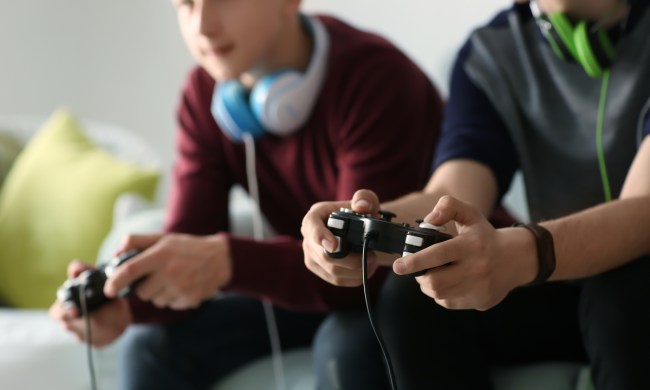It can be easy to deal in stereotypes when discussing the behavior of teenagers. That goes double for teenage girls.
Teenagers face very real pressure at school and at home, as they undergo tumultuous times of physical and mental change. Emotional challenges are more common in teenage girls because of the way their brains process emotional stimuli. According to the Child Mind Institute, mood disorders like bipolar disorder appear at roughly the same rates in boys and girls prior to puberty, but by mid-adolescence girls are more than twice as likely to receive this diagnosis.
In cases of mental and behavioral health, teenage girl therapists can be strong outlets and coping resources for teen girls. Here’s what you need to know.

When does a teen need a therapist?
A range of therapists and behavioral health professionals are trained in teen counseling. Many insurance carriers cover visits to the professionals, and sometimes a few visits are all it takes to bring a positive change.
In teen counseling, girls participate in talk therapy (either one-on-one or in groups) in a safe environment to help them better understand and express their emotions, identify and address problems, and develop healthy coping skills.
Therapists can help teenage girls in a variety of ways. Some of the issues they can help with include:
- Mood disorders
- Anxiety
- Depression
- Trauma
- Bullying and other school-related issues
- Relationship problems and loneliness
- Self-harm and risky behavior
- Suicidal thoughts
- Discrimination issues
- Sexual identity and orientation
- Eating disorders
- Grief
- Obsessive-compulsive disorder
- ADHD
- Stress and stress management
- Low self-esteem
How do I find a therapist for my teenage daughter?
It starts with — all together now — a call to your pediatrician.
It’s broken-record advice, but it’s still a critical early step in any health journey. A therapist or other care professional may be better suited to help your daughter over the long run, but if nothing else, the physician can help guide your search. They’ll talk to you and your daughter and make referrals and recommendations based on their own personal expertise and their familiarity with other experts and resources in your area.
During your daughter’s wellness check, be sure she is screened for anxiety. Just in the past few years, and in recognition of the problems teenage girls face, screening for anxiety has become a standard part of the annual workup for girls starting at age 13. Most insurances cover anxiety screenings, particularly as part of the annual wellness check.
As important as your physician is to the equation, it shouldn’t necessarily be the be-all and end-all. Trusted teachers, friends, family members, and colleagues all can be terrific sources of information. If you’re insured, your provider’s website likely has a searchable database of providers that take your insurance. It’s usually pretty easy to customize the searches based on your needs.
Finally, do your own research into therapists that work with teenage girls in your area and see if any of their practices speak to you. Credentials to look for include licensed clinical social worker (LCSW), licensed marriage and family therapist (LMFT), national certified counselor (NCC), licensed mental health counselor (LMHC), and doctor of psychology (PsyD). There are plenty of ways to conduct your search these days. but the important part is filtering out the wheat from the chaff and finding the right fit.




